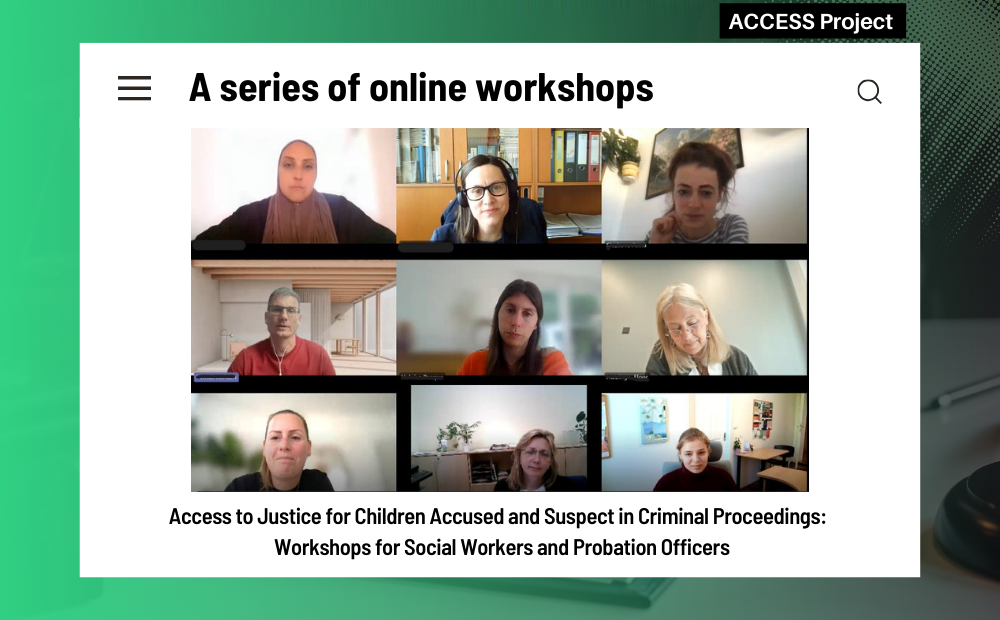
May 20, 2025 | Advocacy, Events, News
The International Commission of Jurists (ICJ) organized a series of workshops for social workers and probation officers working with children from Belgium, Bulgaria, the Czech Republic, Poland, the Netherlands and Slovakia. The goal was to share experiences, identify common challenges, and highlight effective practices in supporting children in conflict with the law.
Topics discussed included methods of conducting individual assessment of children, diversion options as alternatives to formal criminal proceedings, the availability of support organizations, the role of parents throughout justice processes, and the impact of institutional discrimination on children in conflict with law.
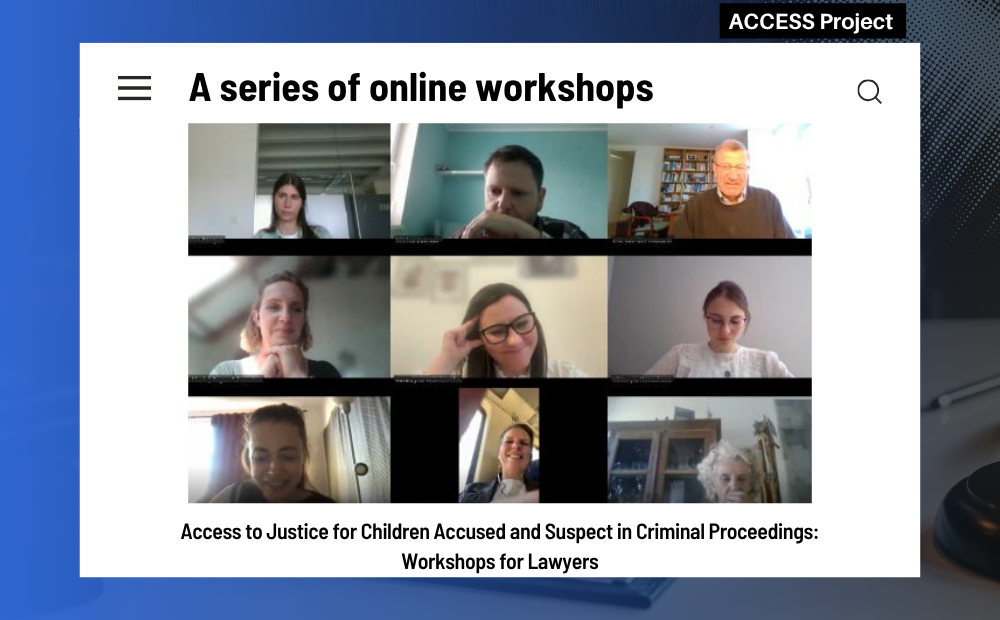
May 7, 2025 | Advocacy, Events, News
In April 2025, the International Commission of Jurists (ICJ) and partners organized two online workshops for legal practitioners from six EU Member States who work with children in conflict with the law. These workshops follow up on the Transnational Exchange Roundtable held in March 2025 in Brussels and aim to explore specific issues in greater depth and strengthen legal assistance for children in conflict with the law.
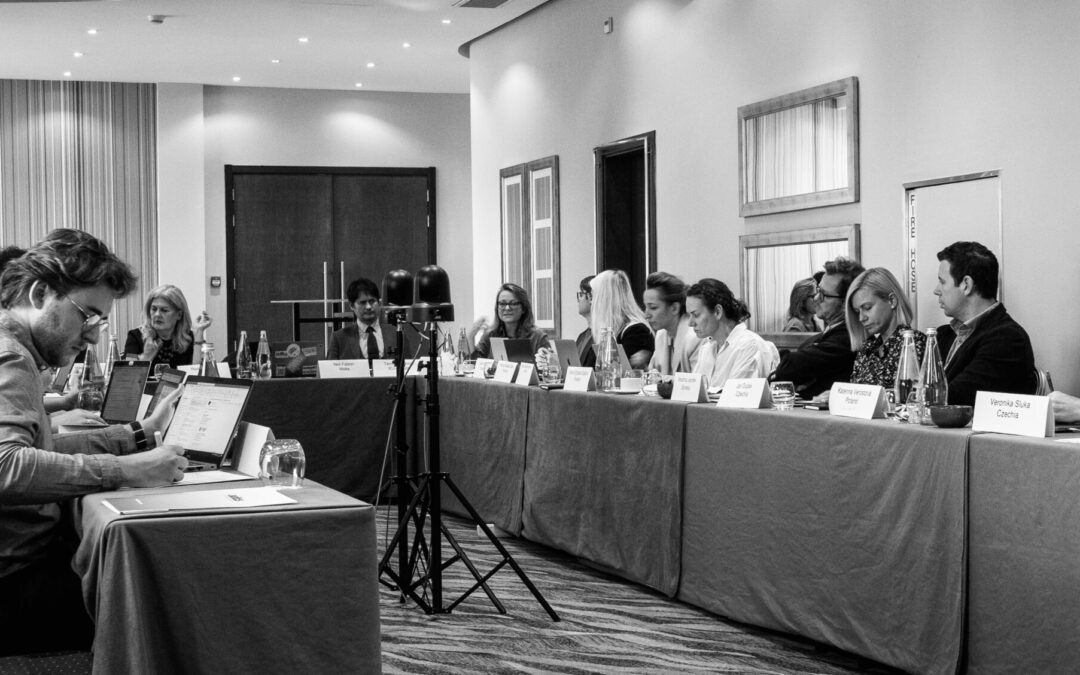
Nov 24, 2023
The International Commission of Jurists (ICJ), in collaboration with aditus, Human Rights in Practice, Forum for Human Rights, Free Courts organized a workshop for lawyers on judicial independence and strategic litigation in Malta on 23 and 24 November 2023. The event focused on critical issues of judicial independence, including, appointment procedures, administration of justice, and freedom of expression and association of judges.
Judicial independence is essential for democracy and human rights protection, yet it is frequently under attack or pressure. Judicial independence is possible only with independent organisation and governance, and when judges’ human rights are guaranteed. This includes strict selection criteria and transparency in the appointment of judges and prosecutors, and it implies respect of freedom of expression and association of judges.
The participants discussed the challenges in guaranteeing both institutional and individual independence of judges, and in ensuring fairness and transparency in the appointment procedures. The workshop also focused on the possible limitations of the freedom of expression and association of judges. It was noted that judges often fear repercussions for expressing their opinions and participating in associations or protests.

 The workshop brought together experts and practitioners from six EU Member States – the Czech Republic, Hungary, Malta, Poland, Romania and Slovakia – to discuss their experiences. The participants discussed the international legal framework and the possible ways to protect judicial independence focusing on the role of strategic litigation.
The workshop brought together experts and practitioners from six EU Member States – the Czech Republic, Hungary, Malta, Poland, Romania and Slovakia – to discuss their experiences. The participants discussed the international legal framework and the possible ways to protect judicial independence focusing on the role of strategic litigation.
The event was the second of a series of workshops, each considering different aspects of judicial independence. These workshops aim to contribute to the development of the Final Mapping Report with recommendations on strategic litigation for practitioners in the EU, as part of the ROLL (Rule of Law for Lawyers) project.
Please see the workshop agenda here.
Please find recordings of some of the workshop presentations here.
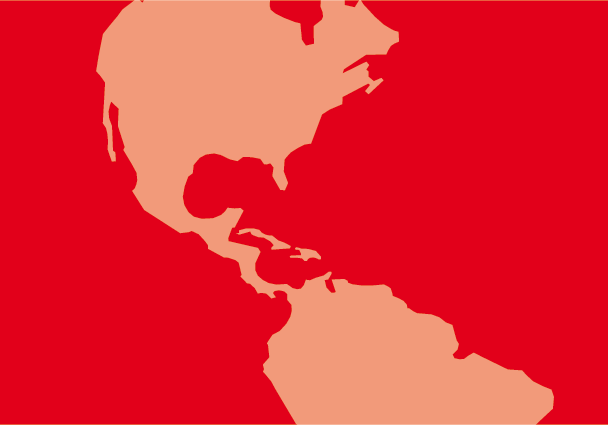
Sep 18, 2023
Del 11 al 15 de septiembre de 2023, la Comisión Internacional de Juristas (CIJ) celebró tres seminarios sobre la rendición de cuentas por muertes ilegítimas y torturas. El primero fue realizado para víctimas y representantes de las víctimas (11 de septiembre), el segundo para jueces (12 y 13 de septiembre) y el último fue para fiscales e investigadores (14 y 15 de septiembre). Los seminarios tuvieron lugar en Bogotá, Colombia y resaltaron la importancia de garantizar el cumplimiento de las normas internacionales para abordar la impunidad.
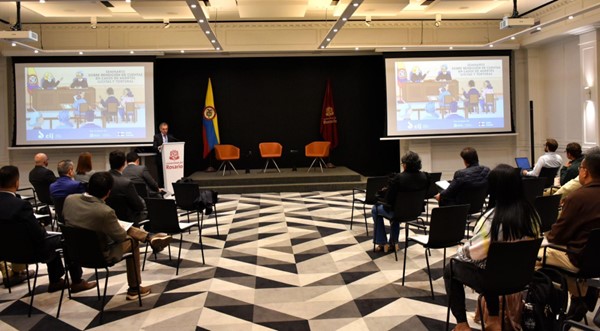
Los talleres fueron inaugurados por el secretario general de la CIJ, Santiago Cantón, quien destacó la importancia de la independencia judicial para mantener la democracia que hoy existe y la que se está perdiendo, especialmente en algunos países latinoamericanos.
Los seminarios tenían como objetivo capacitar a las y los participantes sobre las normas internacionales de derechos humanos que se aplican a las investigaciones penales en casos de muertes ilegítimas y tortura, con miras a garantizar que se respeten los derechos de las víctimas y otros participantes en los procesos penales.
Los seminarios abordaron estándares de derechos humanos a nivel internacional e interamericano. María Clara Galvis, profesora de la Facultad de Derecho de la Universidad Externado, destacó la jurisprudencia de la Corte Interamericana de Derechos Humanos en materia de investigaciones penales. Además, mencionó que la Corte Interamericana ha desarrollado estándares para las investigaciones y juicios penales a partir de las violaciones de derechos humanos encontradas en los casos que la Corte ha decidido.
Los casos que han llegado a la Corte [Interamericana de Derecho Humanos] de Colombia o México sobre falta de investigación con perspectiva de género, le han permitido a la Corte desarrollar estándares y decirles a las autoridades investigativas del continente cuáles son los pasos que deben seguir, como, por ejemplo, no tomar los testimonios de las víctimas (de tortura) más de una vez”, explicó Galvis.
Los seminarios también abordaron la importancia del aspecto forense en las investigaciones y de garantizar que los familiares de las víctimas de muertes ilícitas y torturas participen en las pruebas forenses que se realicen. Pablo Gallo, asesor del Equipo Argentino de Antropología Forense, destacó la importancia de la participación de la sociedad civil, familiares y víctimas en los procesos judiciales y de investigación:
La sociedad civil y los familiares [de las víctimas] han pasado por distintas etapas, por distintos tipos de violaciones en sus derechos y tienen la experiencia para poder monitorear, controlar y ser, de alguna manera, agentes del control de calidad de las investigaciones que se hacen”, señaló el asesor argentino de la EAAAF.
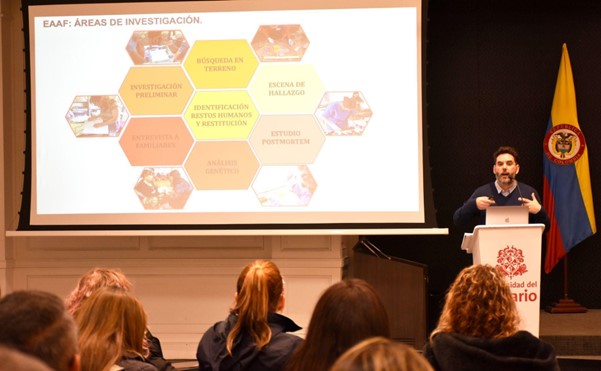
Las sesiones sobre el Protocolo de Minnesota y el Protocolo de Estambul (protocolos que brindan orientación práctica sobre la realización de investigaciones sobre muertes ilegítimas y torturas y que son fundamentales en la lucha contra la impunidad) fueron centrales en los seminarios. Luciano Hazán, coordinador del Programa contra la Violencia Institucional de la Defensoría General de la República Argentina, afirmó:
Estas herramientas son muy fuertes, porque de alguna forma le dan un espacio que hasta hace unos años no tenían los investigadores forenses. Si se hace un trabajo forense serio, se pueden romper las barreras de impunidad. Una autopsia hecha oportunamente y de manera transparente puede traer información muy valiosa en términos de la responsabilidad o de lo que ocurrió (…) Tenemos estos manuales que recomiendan iniciar las investigaciones tempranamente, documentar los hechos tempranamente para conocer a los posibles responsables y darle información a los familiares de las víctimas sobre lo que ocurrió”.
Morris Tidball-Binz, Relator Especial de la ONU sobre ejecuciones extrajudiciales, sumarias o arbitrarias, habló sobre la importancia del Protocolo de Minnesota en la investigación de muertes potencialmente ilícitas para tener resultados confiables en las investigaciones y asegurar verdad, justicia y reparación a las víctimas. El Relator de la ONU también instó a los Estados a comprometerse a cumplir con sus obligaciones internacionales bajo el derecho internacional de los derechos humanos, el derecho internacional humanitario y el derecho penal internacional.
Para hacer efectiva la prohibición absoluta y universal de toda muerte arbitraria se debe asegurar, en todo caso, que cuando sucede una de estas muertes sea investigada fehacientemente y de manera confiable, pronta, expeditiva, con debida diligencia y con la trasparencia que exige el Protocolo. Que los Estados cumplan con ello es fundamental”, concluyó Tidball-Binz.
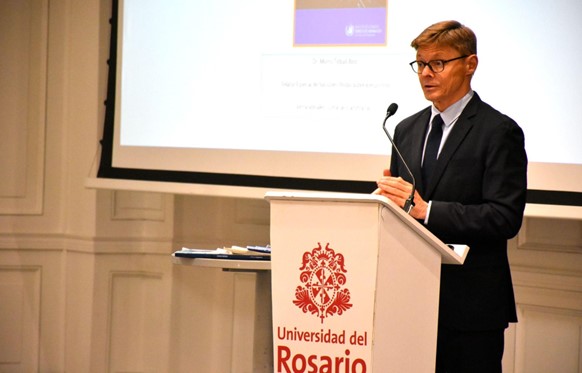
Finalmente, los seminarios también resaltaron las barreras de acceso a la justicia para personas pertenecientes a grupos históricamente discriminados, como las personas con discapacidad. Al respecto, Diana Sheinbaum Lerner, socia fundadora y Coordinadora del Programa de Discapacidad y Justicia de Documenta, explicó que las principales barreras que enfrentan las personas con discapacidad están relacionadas con los estereotipos de discapacidad, que asumen que las personas con discapacidad carecen de la capacidad de testificar y plenamente participar en procesos penales.
Los seminarios se realizaron con el apoyo de la Facultad de Derecho de la Universidad del Rosario y el Ministerio de Relaciones Exteriores de Finlandia.
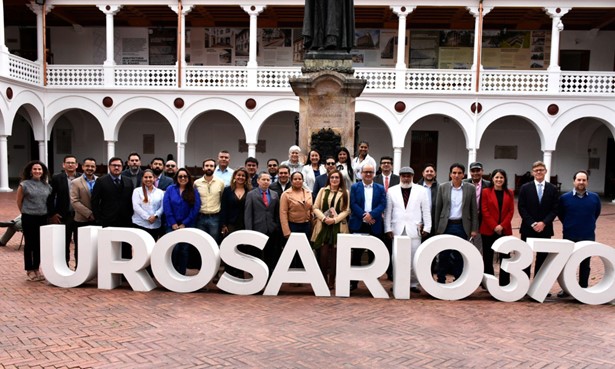
- Obstáculos que enfrentan las víctimas de violaciones de derechos humanos cuando buscan justicia. Disponible aquí.
- Falta de voluntad investigativa, dilaciones y corrupción como obstáculos en el acceso a la justicia. Disponible aquí.
- Herramientas necesarias para llevar a cabo investigaciones y enjuiciamientos rápidos y eficaces. Disponible aquí.
- Medidas para proteger a las víctimas de violaciones a los derechos humano. Disponible aquí.
- Rendición de cuentas a nivel internacional en casos de violaciones a los derechos humanos. Disponible aquí.
- Rol de la comunidad jurídica y organizaciones civiles en casos de violaciones a los DDHH. Disponible aquí.
- Entrevista al Relator Especial sobre las ejecuciones extrajudiciales, sumarias o arbitrarias. Disponible aquí.



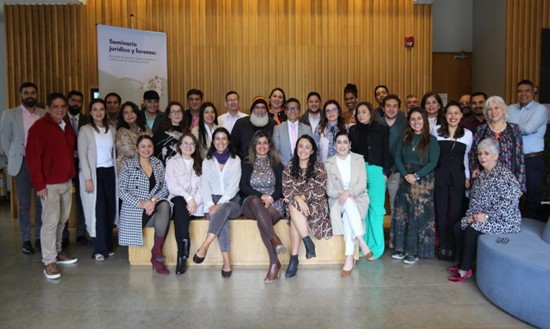


 The workshop brought together experts and practitioners from six EU Member States – the Czech Republic, Hungary, Malta, Poland, Romania and Slovakia – to discuss their experiences. The participants discussed the international legal framework and the possible ways to protect judicial independence focusing on the role of strategic litigation.
The workshop brought together experts and practitioners from six EU Member States – the Czech Republic, Hungary, Malta, Poland, Romania and Slovakia – to discuss their experiences. The participants discussed the international legal framework and the possible ways to protect judicial independence focusing on the role of strategic litigation.







